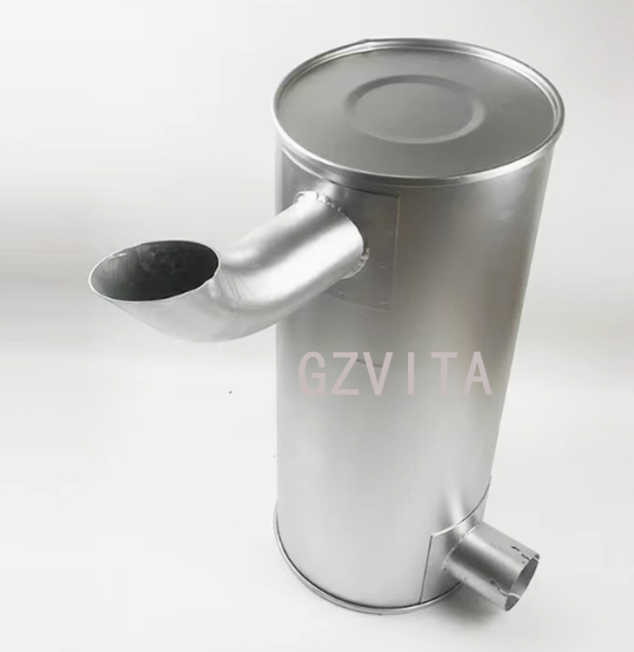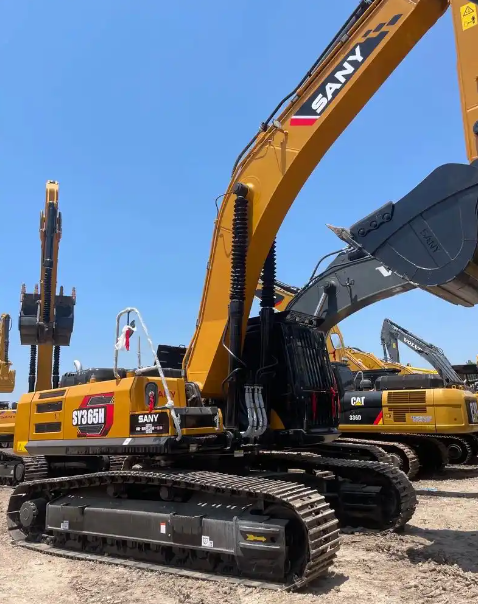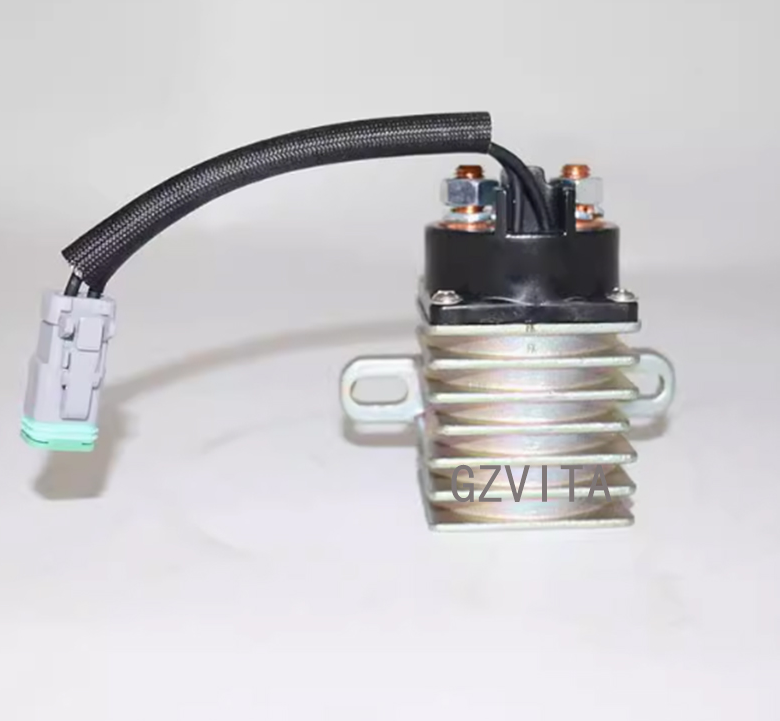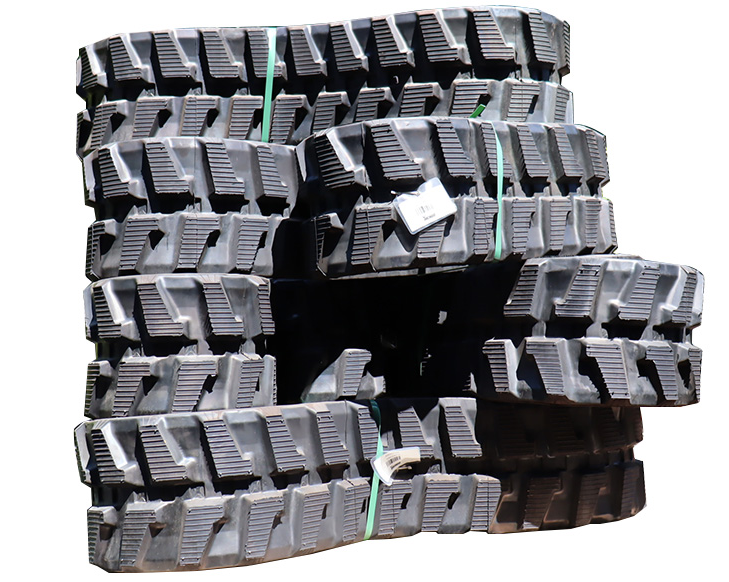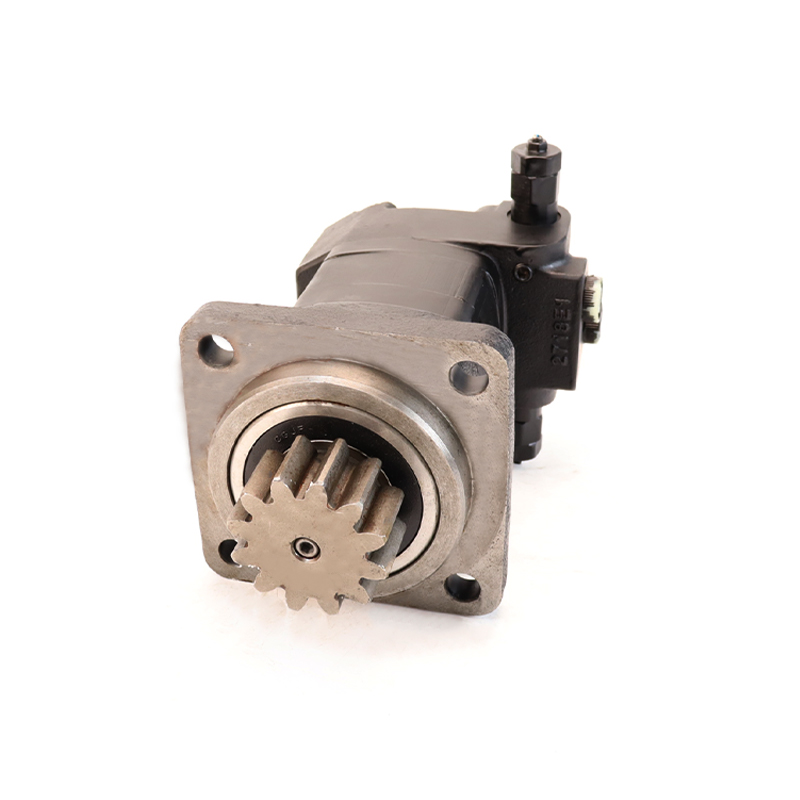 +86 13794985240
+86 13794985240 The Impact of Intelligent Robots on Excavator Parts Manufacturing
Here are some key impacts of intelligent robots on excavator parts manufacturing:
- Increased Efficiency and Productivity
Intelligent robots can operate continuously without the need for breaks, leading to higher production rates. They can perform repetitive tasks with precision and speed, significantly reducing the time required to manufacture parts. This increased efficiency allows manufacturers to meet growing demand while optimizing their production schedules.
- Enhanced Precision and Quality Control
Robots equipped with advanced sensors and artificial intelligence can perform tasks with a level of accuracy that surpasses human capabilities. This precision is crucial in the production of excavator parts, where even minor defects can lead to significant operational issues. Intelligent robots can also monitor the quality of the parts in real-time, ensuring that only components that meet strict quality standards are produced.
- Cost Reduction
While the initial investment in robotic technology can be substantial, the long-term cost savings are significant. Intelligent robots reduce labor costs by automating tasks that would otherwise require a large workforce. Additionally, the reduction in waste and defects leads to lower material costs and less rework, further enhancing profitability.
- Flexibility in Production
Modern intelligent robots can be programmed to perform a variety of tasks, allowing manufacturers to adapt quickly to changing market demands. This flexibility is particularly beneficial in the production of excavator parts, where customization and rapid changes in design are often required. Robots can be reconfigured to handle different components without the need for extensive downtime.
- Improved Safety
The use of intelligent robots in manufacturing environments enhances workplace safety. Robots can take over dangerous tasks, such as handling heavy materials or working in hazardous conditions, reducing the risk of workplace injuries. This shift not only protects workers but also contributes to a more efficient production process.
- Data Collection and Analysis
Intelligent robots are equipped with advanced data collection capabilities, allowing manufacturers to gather valuable insights into their production processes. This data can be analyzed to identify inefficiencies, predict maintenance needs, and optimize workflows. By leveraging this information, manufacturers can make informed decisions that enhance overall productivity.
- Sustainability and Environmental Impact
The integration of intelligent robots can also contribute to more sustainable manufacturing practices. Robots can optimize material usage, reduce waste, and improve energy efficiency in production processes. As the industry moves towards more environmentally friendly practices, robotic technology plays a crucial role in achieving these goals.

Conclusion
The impact of intelligent robots on excavator parts manufacturing is profound and multifaceted. By enhancing efficiency, precision, and safety while reducing costs and environmental impact, robotic technology is transforming the way excavator components are produced. As the industry continues to evolve, the adoption of intelligent robotics will likely become even more prevalent, driving innovation and competitiveness in the market. Manufacturers that embrace this technology will be better positioned to meet the demands of the future and maintain a leading edge in the excavator parts industry.



